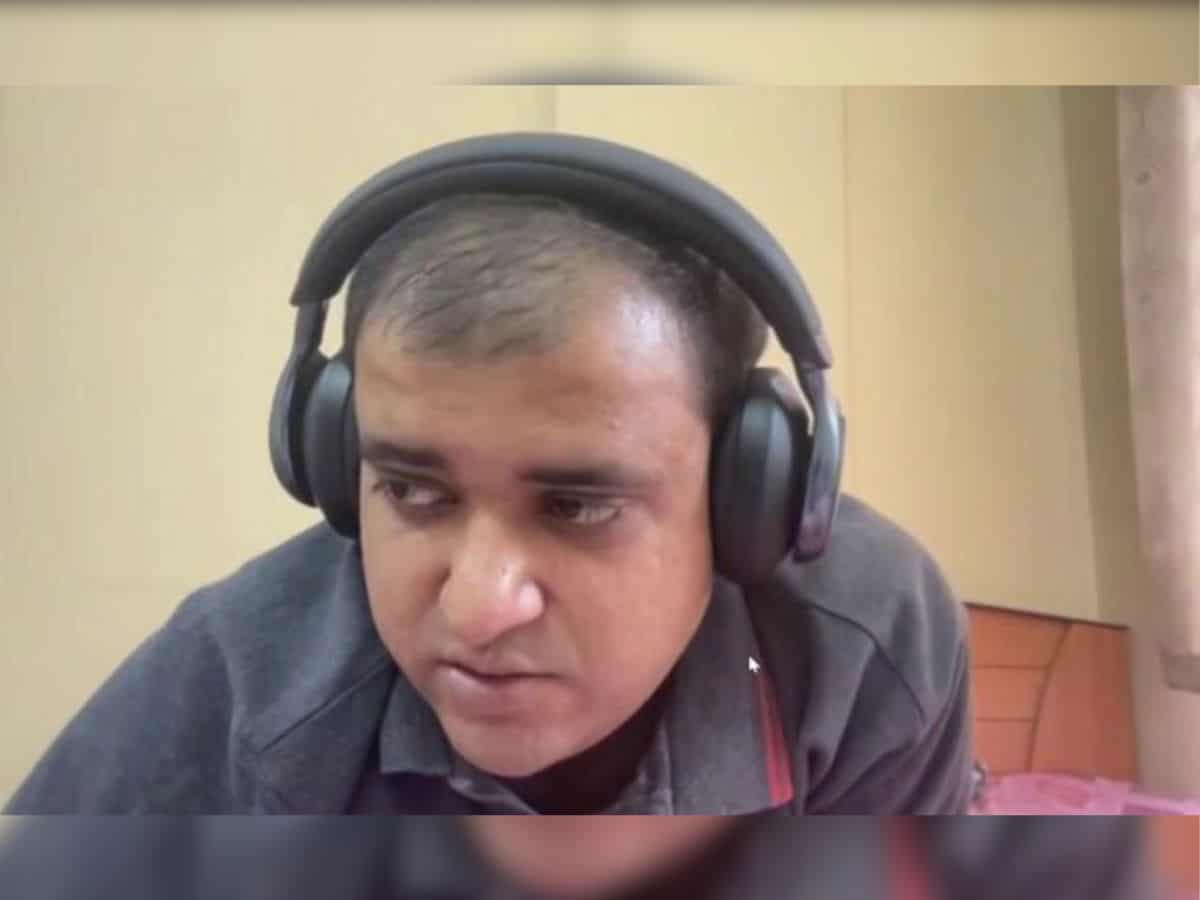
A tragic incident occurred on December 9, when Atul Subhash, a 34-year-old software engineer, died by suicide at his residence in Marathahalli, Bengaluru. Before taking this drastic step, he left behind a 24-page suicide note and an 80-minute video, which he shared via email and on a WhatsApp group associated with an NGO focused on domestic harassment issues.
Subhash was found hanging in his apartment, with a placard reading “Justice is Due” attached to his chest. His suicide note detailed the alleged harassment and extortion he faced from his estranged wife, Nikita Singhania, who works at Accenture in Delhi, and her family. He accused them of using their son as leverage to extort money from him in the form of maintenance payments.
In his video, Subhash outlined the emotional toll of fighting multiple legal battles over the past 2.5 to 3 years. He mentioned that his wife had filed nine criminal cases against him, including serious charges such as attempted murder under Section 302 of the Indian Penal Code (IPC). He expressed frustration with the judicial system, alleging corruption involving a Principal Family Court Judge from Jaunpur, Uttar Pradesh.
His message prompted members of the group to notify the police, who subsequently discovered his body.
Following Subhash’s death, a case has been registered against his wife and her relatives for abetment of suicide, and an investigation is currently underway. Reports indicate that they allegedly demanded Rs 3 crore to settle the false cases filed against him. The incident has sparked outrage on social media platforms, with calls for justice under the hashtag #JusticeForAtulSubhash.
(If you need support or know someone who does, please reach out to your nearest mental health professional or contact Roshni, suicide prevention helpline, 040–66202000)

